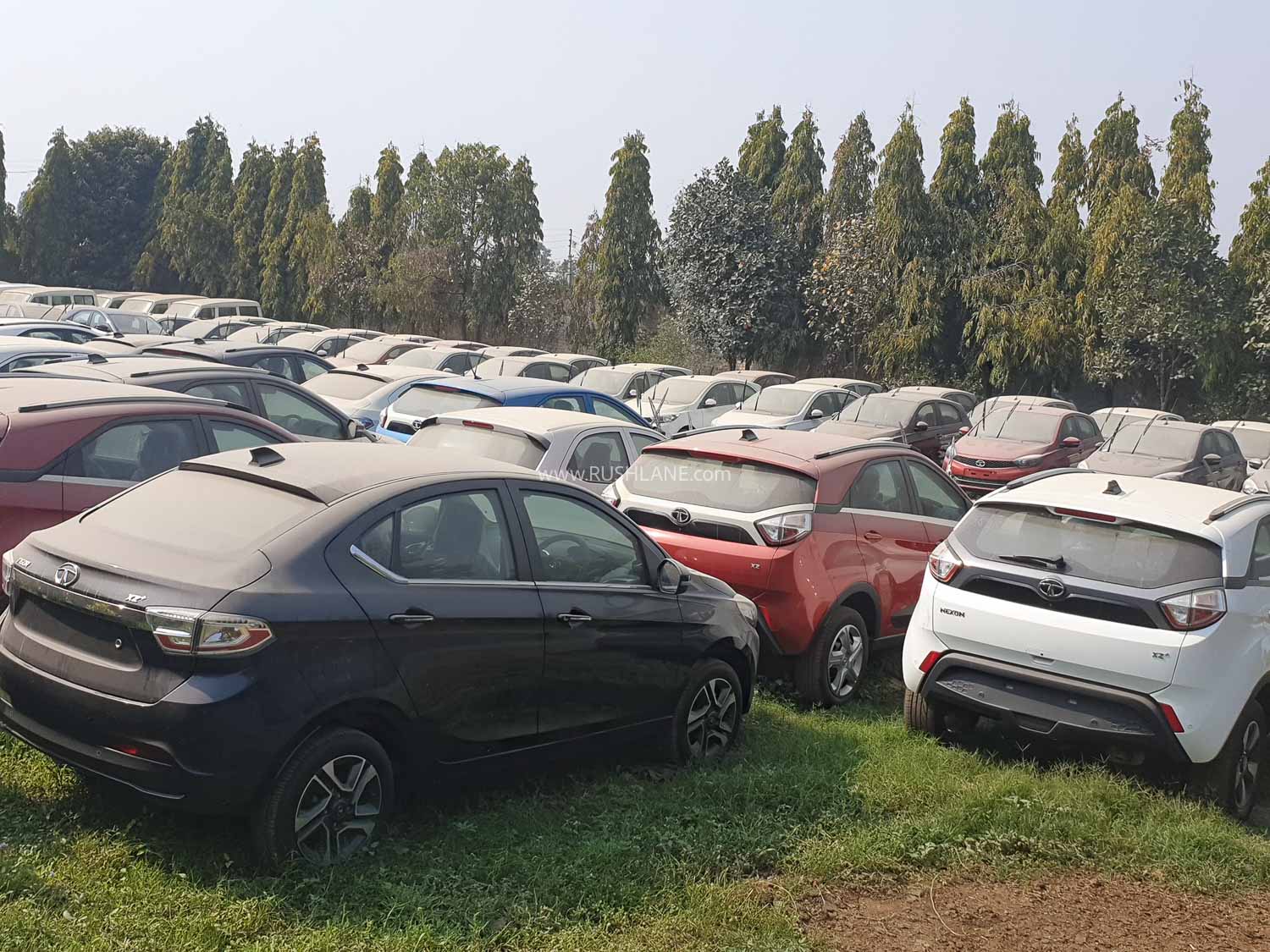In spite of contributing wholeheartedly for the fight against the pandemic, India’s automotive industry is not receiving the support it deserves
As the country inches to the end of 4th stage of COVID-19 lockdown measures, Finance Minister Nirmala Sitharaman announced a Rs 20 lakh crore relief package earlier this month. The proposed Aatmanirbhar Bharat (or “self-reliant India”) package covers five main tranches concerning the fields of production, employment, agriculture, trade & commerce, transport sector, education, business, energy sources, etc. The Indian automotive industry has not been mentioned anywhere.
It is fair to say that the Government of India has ignored the automotive industry at almost all stages of the ongoing COVID-19 crisis. Forming around 7.5% of the nation’s GDP, major names in the automotive sector have donated hundreds of crore rupees to COVID-19 relief funds at both central and state levels.
Furthermore, certain OEMs have utilised their plants to make essential medical equipment such as PPE kits and ventilators to join the fight against the pandemic. Yet, the industry is not receiving the support it deserves.

COVID-19 hit the Indian automotive industry at a time when manufacturers were just recovering from a challenging 2019. Factors such as GST implementation, economic slowdown and a set of poorly thought regulations caused a major headache to manufacturers. To top it off, BS6 emission norms were implemented at the peak of India’s lockdown protocol. If not for the parent OEMs’ support, several dealerships would have gone out of business permanently as they struggled to clear unsold BS4 stock.
Initially, the BS4-sale deadline was set as 31 March 2020. As showrooms remained closed then, FADA (Federation of Automotive Dealers Associations) had approached the Supreme Court to seek a reasonable extension to the deadline. However, the apex country granted the extension on a conditional basis.
Alongside all these struggles, the Indian automotive market faced an all-time low of almost zero domestic sales in April 2020. On the other hand, automakers started focusing on online sales platforms, introduced with exclusive benefits to attract potential customers. To minimise further losses, the industry had also proposed support initiatives such as a limited-time GST reduction from 28% to 18% as well as an incentive-based vehicle scrappage scheme. Apparently, this fell to deaf ears.
Data shows that the Indian automotive industry supports more than 3.7 crore employees whilst contributing around 15% in GST (Rs 1.5 lakh crore annually). Hence, concerned authorities should take it as their responsibility to understand the struggles and lend a helping hand.

